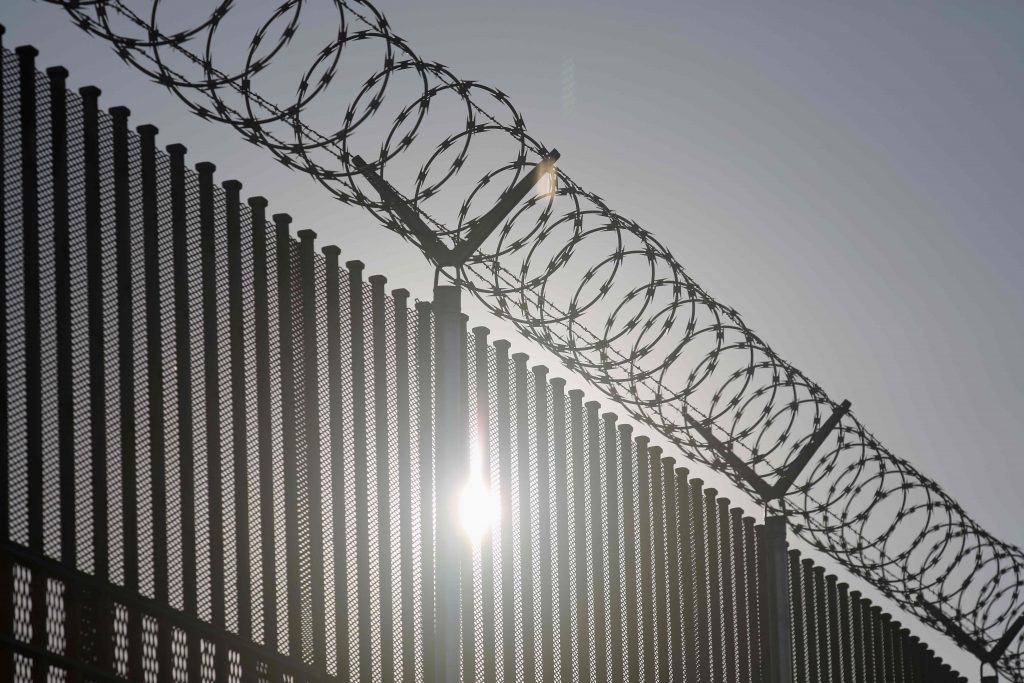On November 16, 2017, Olivia received horrifying news: Her husband and toddler, who had traveled to the United States together, had been split up at the border. Even worse, her husband’s lawyer told her, they didn’t know where her 14-month-old baby boy ended up. Their story is just one example of a crisis that has dominated the news cycle for the last few weeks. For months, the government split up families – many seeking asylum from violence in their Central American countries. On June 20, President Donald Trump reversed the protocol with an executive order. But after the separation of more than 2,000 families, many have questioned if the government had concrete plans to get children back to their parents And these inquiries are especially pressing now that a federal judge is giving the administration between 15 and 30 days to reunite families.
This week, Health and Human Services Secretary Alex Azar stated that it had relocated hundreds of immigrant children with their families and given every parent access to information on where their children whereabouts. But Senator Ron Wyden of Oregon told The Wall Street Journal that reunions could take months and months.
That was the case for Olivia, a 29-year-old woman from El Salvador.
Her family had built a life together in the Central American nation. “My husband and I had our own business, an artisanal shoe shop for women, in El Salvador,” she tells me over the phone. “He oversaw fabrication, and I was in charge of distribution. We ran it for three years before leaving.”
But threats from local gangs and an overall sense of insecurity convinced them to make their way to the United States. Upon reaching Mexico, Olivia stayed behind with their oldest child as her husband – whose name we’ve withheld because of fear of retaliation – and Mateo continued their trek. They didn’t have enough money to cover bus tickets for the whole family to reach the border. “Mateo got an intestinal infection on the way and got really ill, and we decided he and my husband would continue ahead because the boy needed to be somewhere stable,” Olivia adds.
“He’s a baby. He can’t talk yet.”
When Mateo and his dad reached a port of entry on November 12, their lives were turned upside down. “It came as a shock,” she says remembering when she first learned of the separation. “It was like someone spilled a barrel of ice cold water on me. I thought, ‘He’s a baby. He can’t talk yet. It’s illogical that a baby boy be separated from his father.’”
She managed to speak to her husband 15 days after immigration officials detained him. He explained that he and little Mateo remained together for two days before the split. “He was hugging him tight and crying,” Olivia says. “He wouldn’t let go, until he realized the baby might get hurt if he was taken by force.”
Mateo’s dad was sent to an immigration facility in San Diego – where he remains until this day – and the young boy ended up at a Los Fresnos, Texas-based International Educational Services (IES) facility, which recently shut down due to alleged mistreatment of children. According to a Brownsville Herald report, the Office of Refugee Resettlement didn’t renew the nonprofit’s grant funding. A spokesperson for the agency told Los Fresnos News that “no embezzlement or criminal charges have occurred or taken places at IES,” but offered no further details on the reason for the closure.
For months, Mateo didn’t have his mom and dad to console him. Lawyer and activists, particularly community organizer Erika Pinheiro from Al Otro Lado, helped her get her son back. At that point, she hadn’t seen her youngest in 85 days. She and her son’s reunion came on February 8 – two months after she made her way to the border on December 28. Olivia, who must wear an electric bracelet, is now staying in Los Angeles with her aunt.
“It’s been a long and tedious process. There are a lot of documents I had to present,” she says. “My aunt, who is supporting me, had to present all her documentation and verify we have the capacity to have the boy back with us.”
“He still gets up screaming because he’s afraid I won’t be there.”
It’s not an ideal situation, but Olivia cannot turn back to El Salvador. She’s certain she’d be dead if she had stayed. However, immigrating to the United States has taken a toll on her son. The family hoped that Mateo’s young age (he’s now 22 months) would shield him from the traumatization of family separation. However, he too, has felt the effects.
“He’s been affected tremendously psychologically. He wakes up screaming,” Olivia says. “He slept on top of me because he didn’t want to be alone the first day. He still gets up screaming because he’s afraid I won’t be there.”
As someone with firsthand experience of the reunification process, she calls the now-canceled policy unjust and unfair to families. “They’re criminalizing us just for coming here,” she adds. “We come traumatized only to be traumatized in different ways.”
And though she has her two boys by her side, their family is still missing one.







